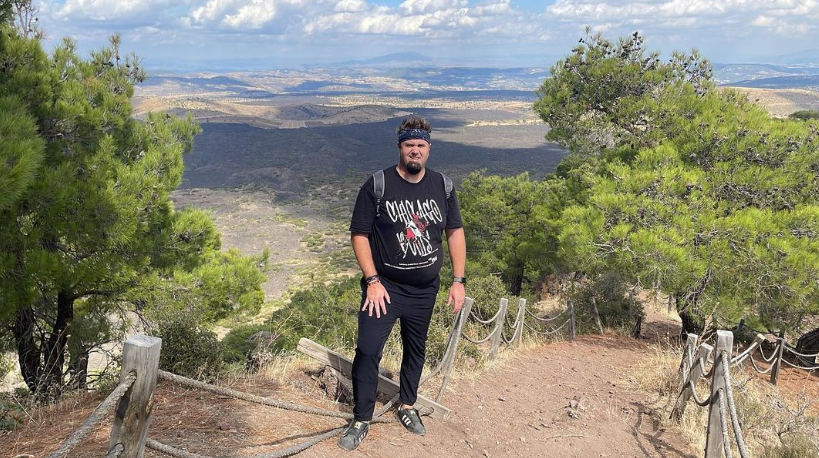From: [email protected]
List Editor: Mark Stein <[email protected]>
Editor’s Subject: H-TURK: book in german on turkish-european jews and the holocaust [E Kaynar]
Author’s Subject: H-TURK: book in german on turkish-european jews and the holocaust [E Kaynar]
Date Written: Mon, 22 Sep 2008 10:47:01 -0400
Date Posted: Mon, 22 Sep 2008 10:47:01 -0400
Guttstadt, Corry Cover: Die Türkei, die Juden und der Holocaust ISBN 978-3-935936-49-1 | 520 Seiten | erschienen September 2008 | 26.00 € / 46.00 sF | lieferbar Zum Buch: Ab 27. September 2008 im Buchhandel - Vorbestellungen sind möglich. Die erste Generation türkischer Migranten in Westeuropa war mehrheitlich jüdisch. 20 bis 30.000 Juden türkischer Herkunft lebten während der Zwischenkriegszeit in verschiedenen europäischen Ländern, wo sie eigene sephardische Gemeinden gründeten. Obwohl viele von ihnen Opfer der Schoah wurden, wurden sie in der internationalen Holocaustforschung bislang kaum berücksichtigt. Die Autorin untersucht die wechselvolle Geschichte der Juden der Türkei. Noch gegen Ende des 19. Jahrhunderts hatten die etwa 400.000 Juden des Osmanischen Reiches weltweit eine der größten und blühendsten Gemeinden gestellt. Die Kriege zu Beginn des 20. Jahrhunderts sowie der forcierte Nationalismus der neu entstehenden Nationalstaaten trieb viele von ihnen in die Emigration. In zahlreichen europäischen Metropolen entstanden türkisch-jüdische Gemeinden, die ihre eigenen kulturellen und sozialen Strukturen hervorbrachten. Während des Nationalsozialismus wurden viele ihrer Mitglieder Opfer der Judenverfolgung, obwohl sie als Angehörige eines neutralen Staates speziellen Bedingungen unterlagen. Das Buch geht dem Schicksal türkischer Juden in verschiedenen europäischen Staaten unter der NS-Herrschaft nach. Besonderes Augenmerk liegt dabei auf der widersprüchlichen Politik der Türkei, die zwar einerseits verfolgten deutsch-jüdischen Wissenschaftlern und Künstlern Exil gewährte, andererseits jedoch wenig unternahm, um ihre im NS-Machtbereich befindlichen jüdischen Staatsbürger zu retten. Auch innerhalb der Türkei wurden Juden durch eine Sondersteuer faktisch ihres Besitzes beraubt, sodass die Mehrheit der verbliebenen Juden der Türkei nach Gründung des Staates Israel dorthin emigrierte. Das Buch schließt nicht nur eine wichtige Forschungslücke, sondern erhält vor dem Hintergrund eines erstarkten Antisemitismus in der Türkei sowie der Diskussion um das Holocaustgedenken in der Migrationsgesellschaft eine besondere Aktualität. „Nach unserer Kenntnis ist dies die wichtigste Arbeit über die sephardischen Juden türkischen Ursprungs, die Opfer des Holocaust wurden“ (Michael Halévy).



